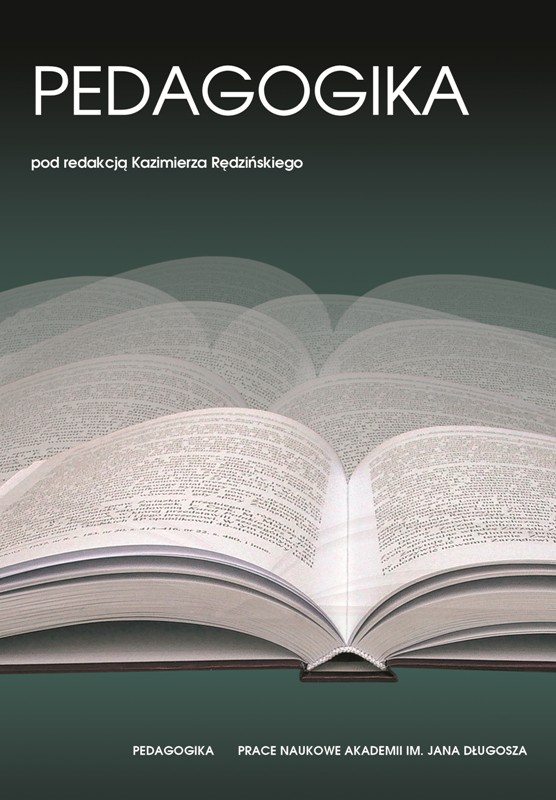Antropologia Judith Butler a jej konsekwencje edukacyjno-wychowawcze
Judith Butler's anthropology and it's educative implications
Author(s): Andrzej MargasińskiSubject(s): Anthropology, Education
Published by: Uniwersytet Jana Długosza w Częstochowie
Keywords: Judith Butler; gender; upbringing; axiocentrism; paidocentrism
Summary/Abstract: This paper is an endeavour to read anthropological concepts in Judith Butler, widely recognized as one of the most influential thinkers of gender science. As it is shown, her study is burdened with basic errors in ontological-anthropological descriptions, namely preferring extreme individualism and processualism, in which individual is not entitled to having gender stability and personal identity. Butler suggests a social development characterized by abandoning the model of two-genders binarity and proliferation of new gender oriented categories, of which aim would be to create a new, aware individual that would choose it's own gender independently of any biological and cultural conditions. The author's point of reference are two general models of upbringing - axiocentrism and paidocentrism. Butler's demands are not compatibile with these models, her ideas can be qualified as new social engineering project.
Journal: Pedagogika. Studia i Rozprawy
- Issue Year: 1/2016
- Issue No: 25
- Page Range: 407-421
- Page Count: 15
- Language: Polish

